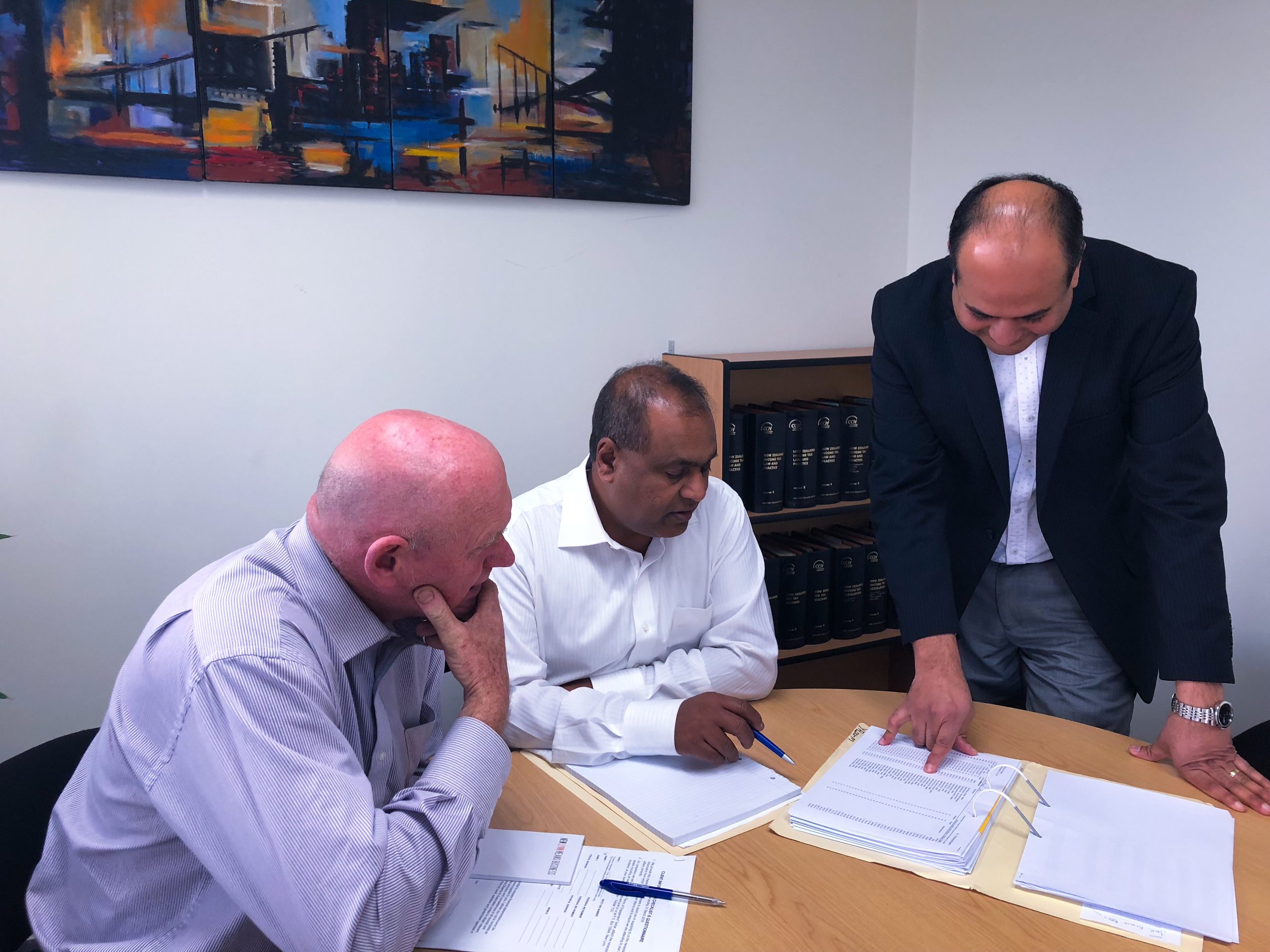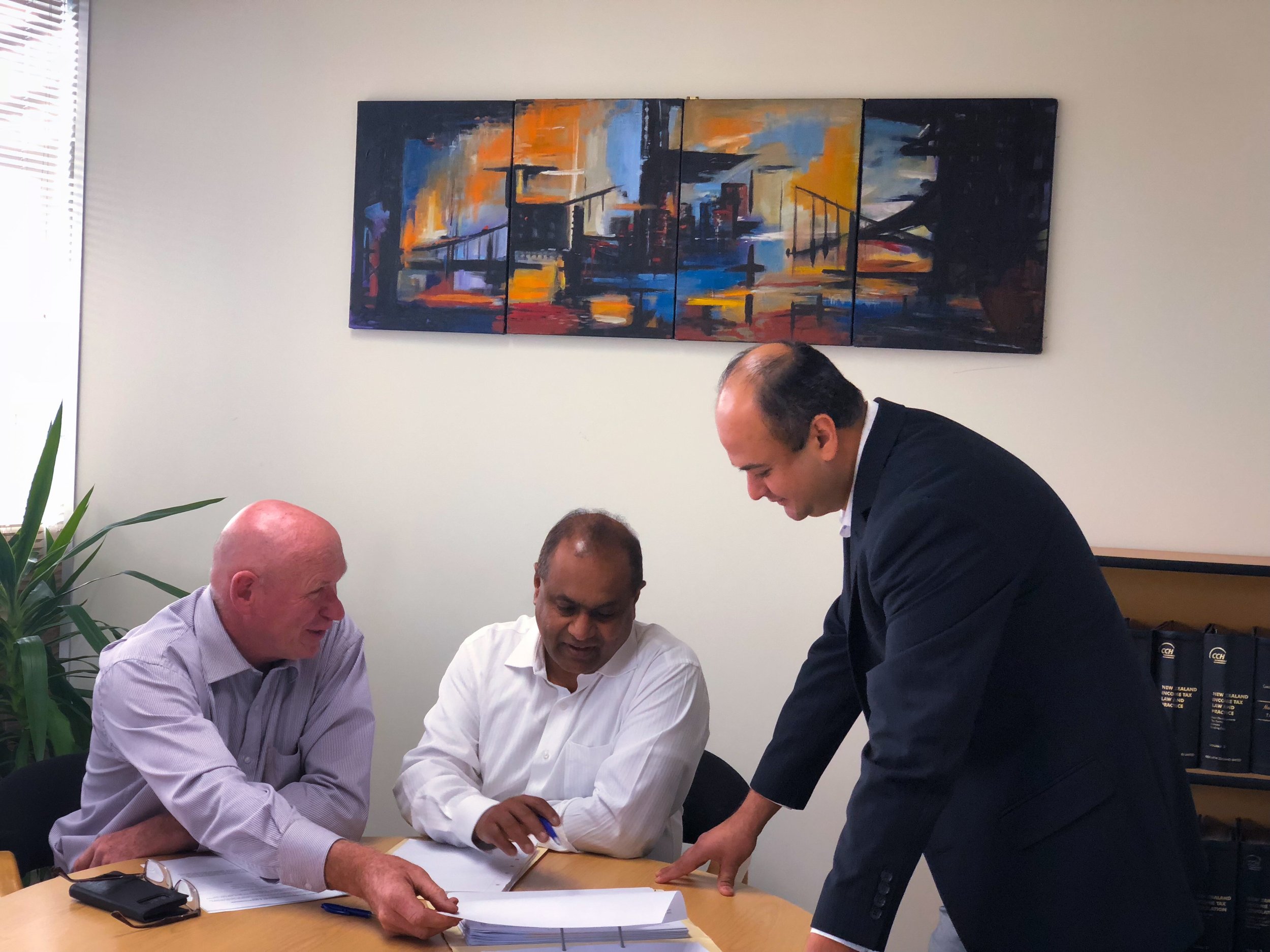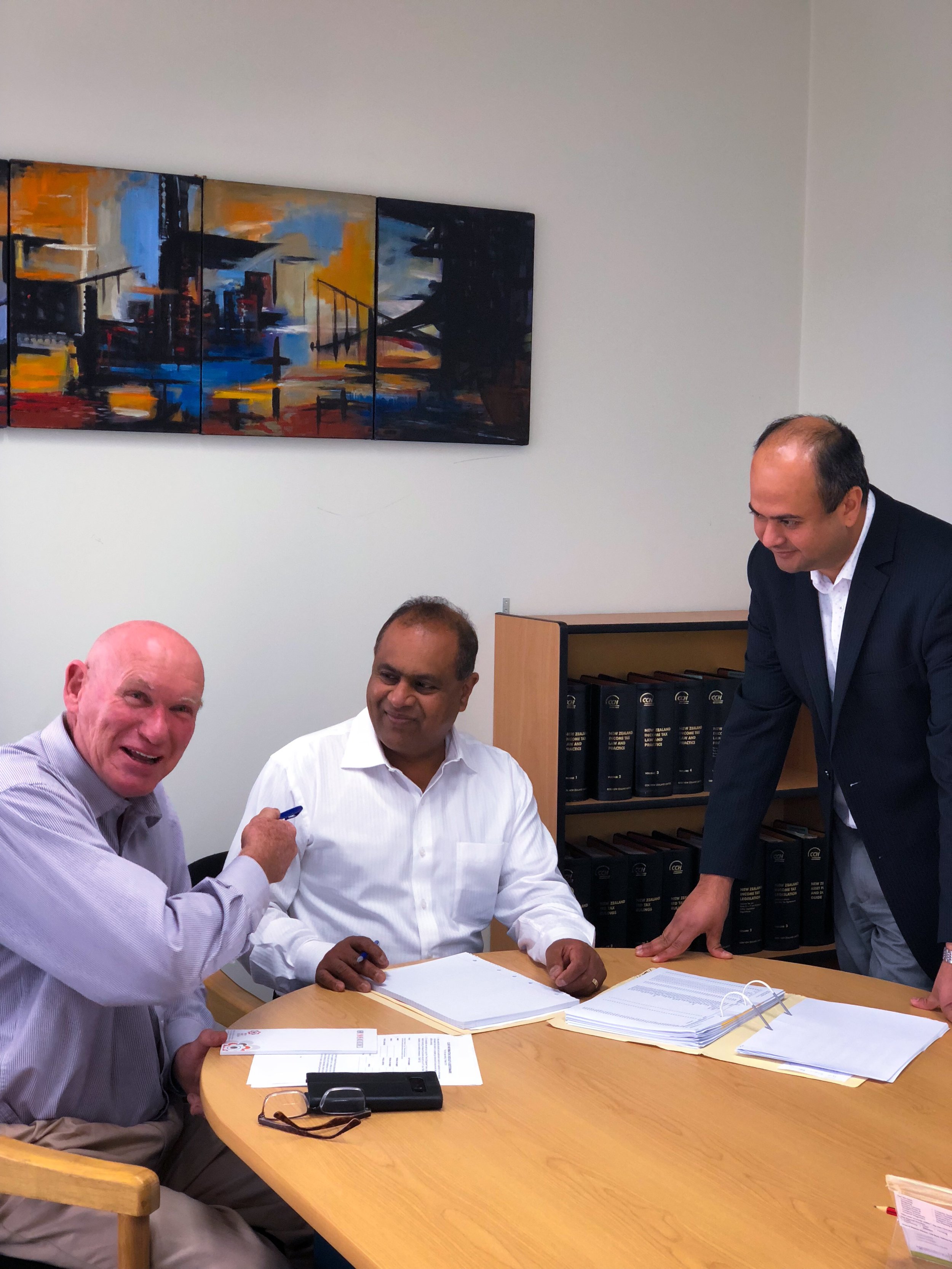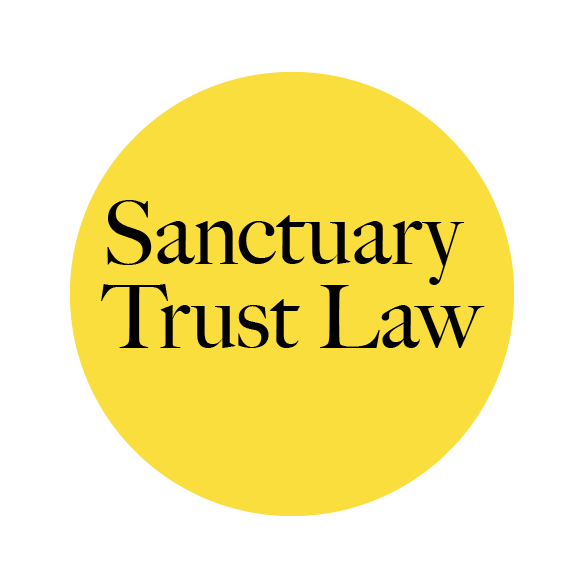Consultations:
Creating Your Sanctuary
Creating a trust can be a daunting experience. We will walk you through the process and make the formation of your trust as stress free as possible. This section intends to give you an overview on what we will discuss and the various documents we will create when establishing your trust.
Reasons For Creating a Trust
The first question to ask yourself is why are you forming a trust? There are numerous reasons for setting up a trust. For example, a trust may be appropriate for:
Protection for your Family: One of the most common reasons for establishing a trust is to ensure that assets you own are protected for future generations. This may be appropriate where you have young children, adult children who face uncertainties in their professional lives or relationships, or who are not able to look after their finances as well as you may like, can all benefit from a trust which will protect the assets in the trust. Alternatively, a trust can provide asset protection if you are entering into a new relationship and want to ensure your partner will not get a claim to existing assets you have built up should the relationship fail in the future. This can be particularly important where step children become involved, as they may also have claims.
Asset Protection From Business Risk: An owner of a business may wish to minimise their risk exposure, this is particularly where they may be found personally liable should something go wrong. It is a scary proposition that your business may fail due to mistakes of yourself, employees or your business partners, but to lose your personal assets as well would be even worse.
Confidentiality: There is no public register of trusts. Consequently, the creation of a trust can be appealing due to the anonymity it creates. While a trust will not often be formed for this reason, it is a very nice benefit to receive.
Taxation Advantages: Having a trust can also provide taxation advantages as it allows a level of income splitting whereby income can be distributed to various beneficiaries in tax advantageous ways. Once again however, the taxation advantages should not be the primary reason you decide to create a trust.
Documents
Once you have decided that you want a trust, we will help you create your sanctuary. There are a few items in particular that we will need to create before your trust can be formed.
Trust Deed: The trust deed is a crucial document and is what 'creates' the trust. It will outline various details such as:
What was settled in the trust - i.e. what assets are now owned by the trust
The purpose of the trust - e.g. to hold asset(s) for beneficiaries,
Who the trustee(s) are, what powers have they have, how new ones can be appointed or retired
Who the beneficiaries are, along with their rights and entitlements
When the trust was formed
Wishes: A memorandum of wishes is another powerful document which should be included when establishing a trust. They are important as they record the wishes of the settlors and gives the trustees guidance on how they would like the trustees to exercise their discretions. It can also provide greater flexibility in the future and allow trustees to better respond to unplanned events.
Deeds of Sale: The deed of sale will record the transfer of assets from the settlor to the trust, along with any terms and conditions that may be attached.
Deeds of Gift: The deed of gift will show how the debt which arises from the transfer of assets into the trust is diminished or extinguished totally. The circumstances of the settlors' such as their age and finances will dictate how that takes place.
Last Wills of the Settlors: The last wills of the settlor will provide guidance on how the trust is to continue after they pass away. It may outline information as to trusteeship, gifts and a host of other directions.
What Role Do You Play?
Once you have created your trust, it is likely that you will still be heavily involved to ensure both its success, and its validity. It is essential that your trust actually protects the assets transferred into it. If the trustees fail to complete their duties, or act improperly, there is a risk that your trust will no longer be valid which would mean the assets are no longer protected. Your continued presence will also provide your trust with greater flexibility and allow it to adapt to the ever-changing circumstances. Finally, a certain measure of control can be maintained by the settlor's to ensure the trust is meeting their objectives.
Maintaining Your Sanctuary
Creating you sanctuary is easy, helping you maintain your sanctuary is our expertise.
To help you sustain your sanctuary, we are always at your disposal and highly encourage meeting for our annual review. In this review, we will ensure that the trustees are performing their duties to the required standards, that your trust is up to date, and complies with all requirements. If this is not done, there is a risk your trust will be invalid and considered a "sham trust” in which case it will no longer provide protection and be open to being 'pierced' by third parties.
On our annual review, we will discuss what has occurred during the year, and go over information such as:
Duties of Trustees: Trustees have numerous duties they must continue to meet. When we meet we will ensure they are meeting these duties and go over the documents to ensure there are resolutions and proper financial accounts. If anything is missing, we will help you create the documents that are required and your trustees continue to act prudently to preserve the security your trust provides.
Planning for the future: In addition to ensure correct records are being maintained, we will also look into possible future opportunities and ensure plans are in place to ensure your trust returns you its maximum benefit.
Whether loans should be forgiven, and to what extent: When you established your trust, there may be loans outstanding which need to be forgiven. Depending on your financial situation and your age, we will go through what amount would be best for your situation.
Distributing Income: We will also go over how income could be distributed and to what extent. We will help you take advantage of the tax rules and minimise your tax liability.
At the end of our annual review, we will provide you with a year book. This will record the financial statements, along with the resolutions of trustees and deeds of the settlors. The trustees and settlors will sign a copy and this book will provide evidence that your trust's affairs are in order.
Growing Your Sanctuary
At Sanctuary Trust Law, we can also help you grow your sanctuary.
The assets settled within your trust are the foundation of your sanctuary. When we meet with the trustees' in our annual review, we can help you identify new opportunities on how we can grow your sanctuary.
Whether this is introducing you to possible new investment opportunities or identifying new ways your trust assets can generate income, we will help you maximise the benefit your trust provides.






